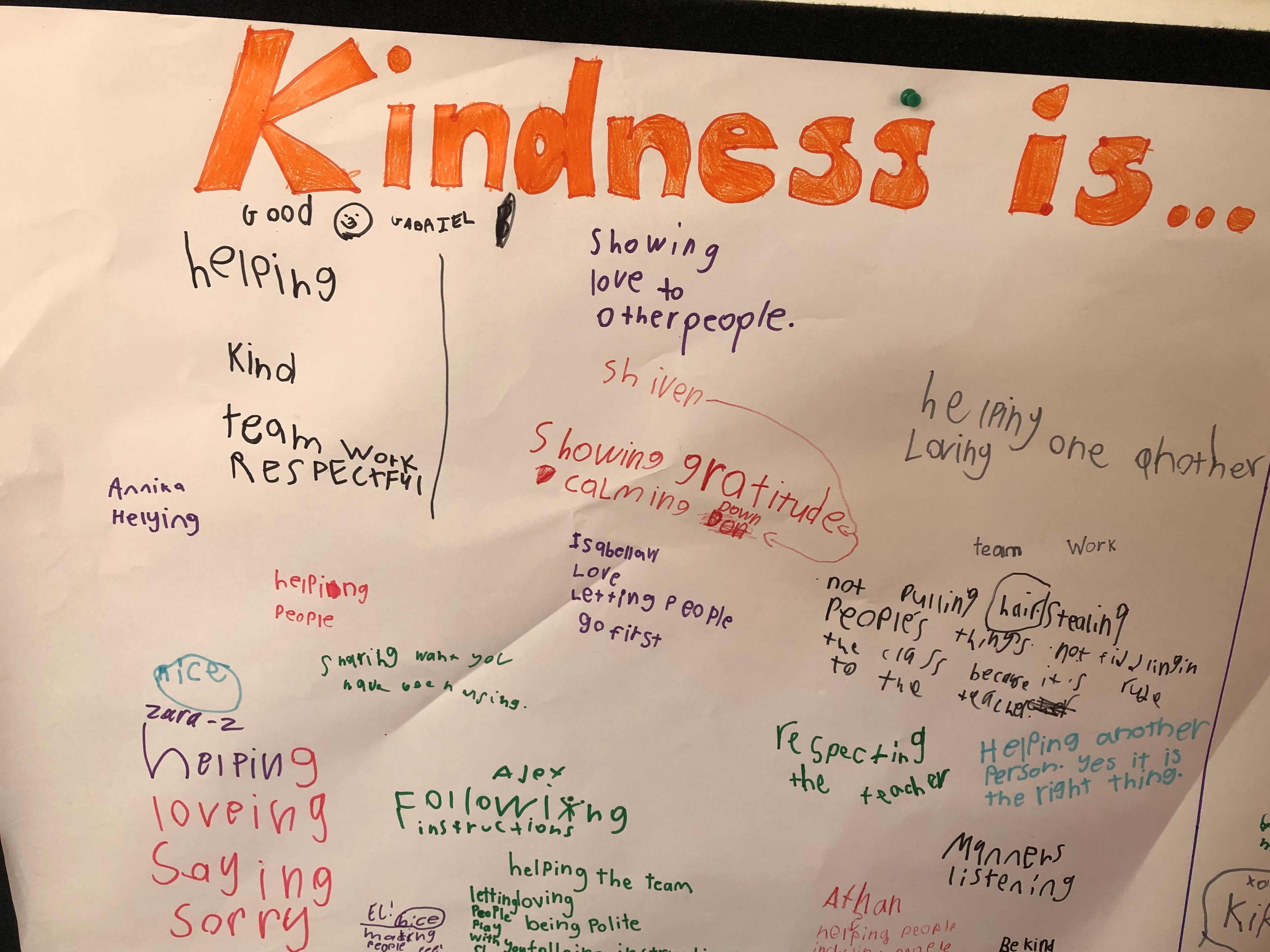Dealing with Disappointment
I would like to share this parent information that forms part of the Primary Years What's the Buzz? Program. The topic of dealing with disappointment is a common discussion with parents when it comes to the emotional wellbeing of children. The following information is very useful for parents when thinking about disappointment with their children and how to talk to your children about disappointment.
Firstly here are some important points to remember about disappointment. In summary, they are:
- Disappointment is unavoidable.
- Disappointment happens to each of us when things do not go to plan.
- We can be disappointed in ourselves, disappointed in another, disappointed for another or disappointed about a situation.
- The best way to deal with disappointment is to use positive thinking. When we think positively we give ourselves the best chance to constructively navigate around the disappointment.
To be honest, the skills required to deal successfully with disappointment take time to learn. Most of us have battled for years to master the art of looking calm, confident and resilient despite feeling upset or disappointed. In the meantime here are a few ideas to improve your child’s ability to deal with disappointment and to help you guide them in positive directions.
Coping with disappointment
Naturally, most parents have an urge to protect their children from disappointment. Yet, a child’s ability to cope with it is built through learning how to deal with it. Disappointment is essential for healthy emotional growth. It is though the pains of childhood, with balanced parental input, that prepares children to deal with more complex disappointments later in life. Keep this in mind and refrain from rushing in and fixing their problem or refusing to let them feel disappointed. Instead, help them work through their disappointed feelings by acknowledging what they are feeling and by offering wise levels of support.
Put the disappointment into words
Encourage children to put disappointment into words. Ask, “Are you crying because you’re disappointed about being too sick to go to Shane’s party?” Try to acknowledge your child’s feelings, but also focus on creating a positive way forward.
Plan ahead
In situations where disappointment is likely, be sure to plan ahead! Discuss the upcoming event and pinpoint the moments that are likely to cause disappointment. Offer a compensatory action to support your child. One way may be to hold their hand at a critical moment so they are reminded that you care, the moment will pass and all will be well. Spending time discussing what is likely to happen helps children to find extra emotional resources later on when it counts.
Identify your child’s ‘islands of competence’
Loretta Giorcelli’s (2000) work reminds us how important it is to highlight and maximise the areas our children feel successful and confident about. Involve your children (and yourself) in activities, clubs and associations where they can develop their talents and interests. This is a good way to support the growth of esteem and confidence within a social context. Without this, it is too easy for children to interpret disappointment as yet another failure.
Teach protective strategies
Show your child how to give a quick humorous response to a disappointing or frustrating situation. A casual remark can go a long way to help a potential victim look as though they are dealing with disappointment. However, most children need training and re-training on how to do this. Above all else, teach your children not to immediately look crest-fallen when disappointing situations arise.
A disappointment shield
This is a powerful helper for children who enjoy visualizing. Ask them to sketch a picture of themselves on to paper. Next, suggest they draw a force field or a shield as protection. Teach them when and how to charge the shield up so disappointment does not reach their sensitive heart. Draw the shield powered up with words and phrases they usually find hurtful and disappointing simply bouncing off and disappearing into thin air. A disappointment shield may not be totally impenetrable, but it can certainly help your child to buy time while in public. With practice, this can become a very powerful defence.
‘Disappointment; my catastrophe scale’ with your child
This is intended to be a visual helper to assess the intensity of a disappointment. By rating the disappointment children are assisted to put things into perspective. It helps them consider, “How big is this disappointment?” “Will it really matter tomorrow?” “Is it better to let it go so I don’t spoil the rest of the day?” It may be a useful device to use in the future at home.
Another idea is to write a humorous story about a time when you were disappointed and handled it badly (a little fictitious license can make it entertaining). Sometimes it is therapeutic for children to learn that their mothers and fathers also struggled with this tricky feeling when they were younger.
The final word on dealing with disappointment is to be understanding. Not all children bounce back from it at the same rate. What is important is that your response helps them to prepare to cope as best they can for the unavoidable disappointments that will surely crop up in the future.
Tom Atyeo
Wellbeing Coordinator
